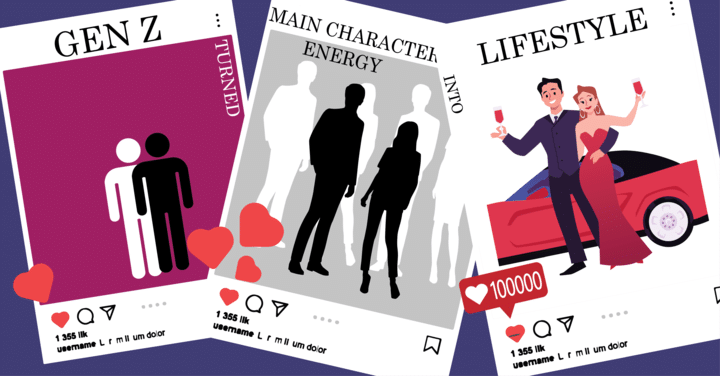Beyond the Spotlight: How Gen Z Transformed Self-Centeredness into a Cultural Phenomenon

Gen-Z: Main Character Energy or Authentic Self-Expression?
In the age of social media and constant digital connectivity, Generation Z has been both celebrated and criticized for their unique approach to self-presentation. What some label as narcissism, others see as a bold form of self-empowerment and genuine personal branding.
The concept of "main character energy" has become a defining characteristic of Gen-Z culture. Unlike previous generations who were taught to blend in, these young individuals are unapologetically embracing their individuality. They're crafting narratives of their lives that are simultaneously performative and deeply personal.
Social media platforms like TikTok and Instagram have become stages where Gen-Z members showcase their lives, dreams, and personalities. But is this truly narcissism, or a healthy form of self-expression? Many argue that this generation is simply more comfortable being vulnerable, sharing their experiences, and celebrating their unique journeys.
Critics might see constant selfies and life updates as self-obsession, but for Gen-Z, it's about authenticity. They're creating communities, challenging traditional norms, and using digital platforms to amplify their voices in ways previous generations never could.
Perhaps what looks like narcissism is actually a generation learning to value themselves in a world that has often told them to be quiet and conform. Main character energy isn't about superiority—it's about recognizing one's own worth and storytelling potential.
Ultimately, Gen-Z is rewriting the rules of self-presentation, turning personal narratives into art, activism, and connection. They're not just living life—they're directing their own stories, one post at a time.








